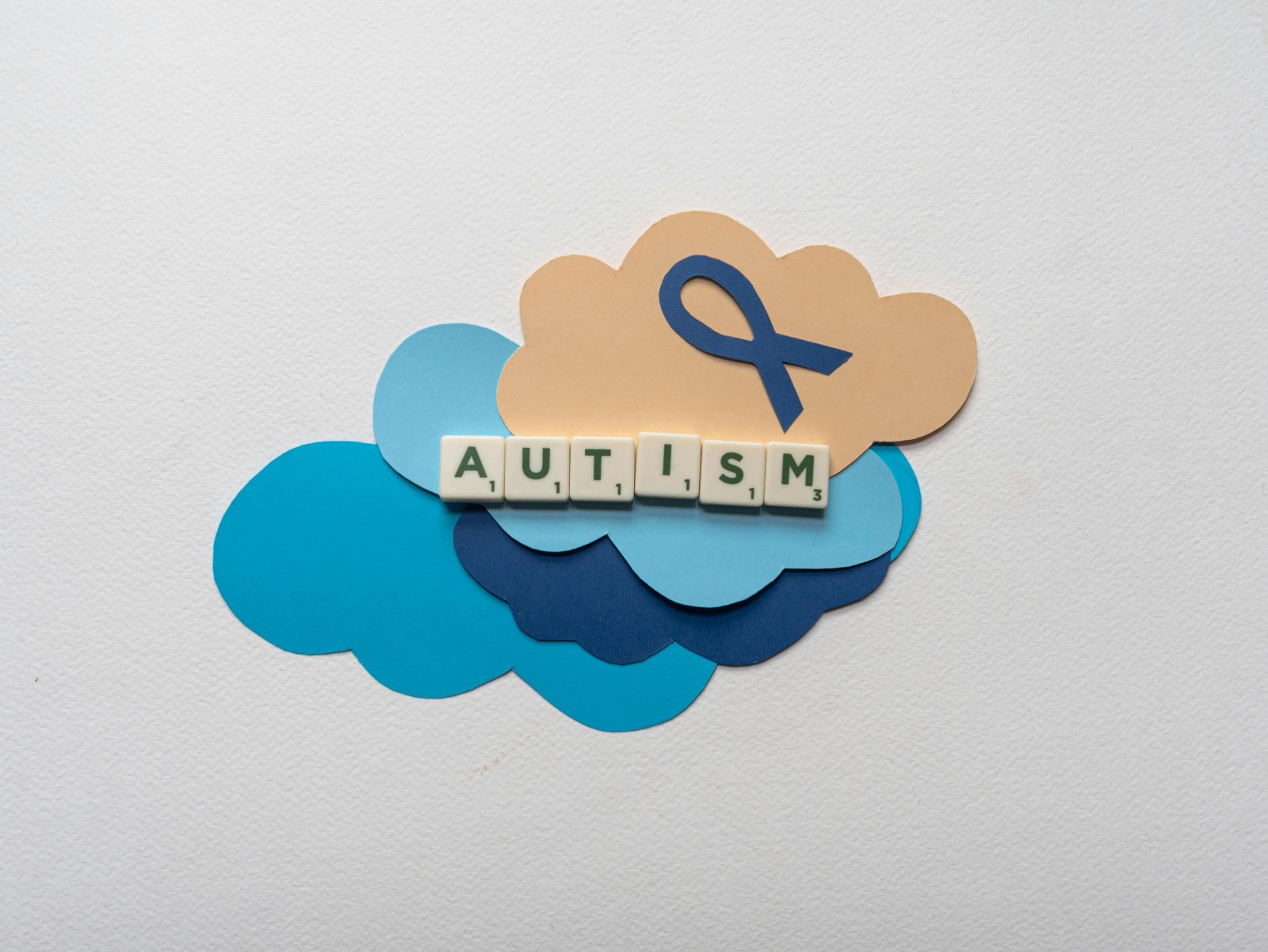Book an Assessment
At We Hold A Hand, we understand how vital a diagnosis can be to a person’s self-understanding, healing, and growth. Undiagnosed conditions like ADHD, Autism, and Dyslexia can impact every aspect of life: relationships, work, and studies.
We’re here to help you take the first step toward clarity, support, and a better quality of life.
-
Attention Deficit Hyperactivity Disorder (ADHD) Assessment
What is ADHD?
ADHD is a neurodevelopmental disorder characterized by inattention, impulsivity, and hyperactivity. It affects children and adults and often persists into adulthood.How ADHD Impacts Life:
Without diagnosis and support, ADHD can lead to poor academic performance, workplace difficulties, relationship breakdowns, and low self-esteem.Symptoms:- Difficulty sustaining attention
- Frequent daydreaming
- Disorganization
- Impulsiveness
- Restlessness and fidgeting
- Poor time management
Benefits of Diagnosis:- Tailored coping strategies
- Access to medication and therapies
- Improved self-esteem and relationships
- Clearer career and academic planning
- What to Expect During and After an Assessment:
Our private, one-to-one assessment will explore your symptoms, experiences, and needs. Post-assessment, we will provide a detailed report and suggest suitable support options.

-
Autism Spectrum Disorder (ASD)
What is Autism?Autism is a neurodevelopmental condition characterized by challenges with social communication, repetitive behaviors, and restricted interests.How Autism Impacts Life:Undiagnosed autism can cause struggles in forming relationships, navigating education, and achieving employment goals.Symptoms:- Difficulty with social interactions
- Repetitive behaviors
- Highly focused interests
- Sensory sensitivities
- Need for routine and predictability
Benefits of Diagnosis:- Access to support and services
- Greater self-understanding
- Improved family and work relationships
- Tailored educational and career planning
What to Expect During and After an Assessment:Our autism assessment is thorough, sensitive, and focused on your individual experiences. A clear, supportive report follows.
-
Dyslexia Assessment
What is Dyslexia?
Dyslexia is a neurological learning difference that primarily affects a person’s ability to read, write, spell, and sometimes speak. It is not related to intelligence. People with dyslexia often have average or above-average IQs, but their brains process language in a different way.Dyslexia is lifelong, but with the right support, individuals can manage and even thrive.How Dyslexia Impacts Life
Dyslexia can affect many areas of daily life, especially when it’s undiagnosed or unsupported:At School: Struggles with reading aloud, writing essays, learning new vocabulary, and taking written tests.
At Work: Difficulty with written communication, taking notes, reading reports, or meeting deadlines due to slower processing speed.
Social Life & Confidence: Frustration or embarrassment in group settings can affect self-esteem, especially in childhood or adolescence.Everyday Tasks: Challenges with directions, remembering instructions, or managing time.Despite these challenges, many dyslexic individuals develop strong problem-solving, creativity, and verbal communication skills.
Common Symptoms of Dyslexia- Difficulty reading fluently or accurately
- Trouble spelling or writing, even with practice
- Problems with phonological awareness (matching letters to sounds)
- Difficulty organizing written or spoken language
- Avoidance of reading tasks
- Poor working memory
- Slow writing speed
Symptoms can vary widely from person to person.Benefits of Getting a Dyslexia DiagnosisClarity: Understanding why learning challenges exist can be deeply validating.Support Access: Diagnosis opens the door to educational accommodations (like extra time on tests) and workplace adjustments.
Confidence: Many people feel a boost in self-esteem after diagnosis, knowing they are not “lazy” or “slow.”
Personalised Strategies: Tailored learning and coping strategies can be developed.
Empowerment: It can help families, teachers, and employers provide more effective support.